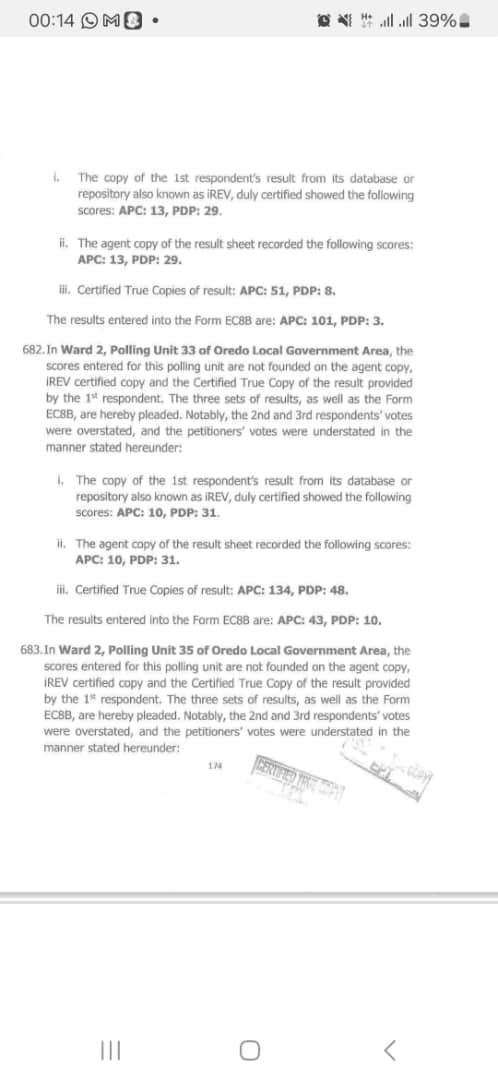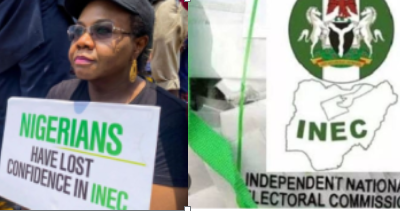By Rita Ebiuwairo In every society,
rules exist for a reason: they establish order, create fairness, and guide people to make responsible choices. But rules alone are not enough.
For them to truly work, there must be real consequences for those who break them. Personal experiences, even simple ones, can teach us just how important accountability is in daily life.
Not too long ago, I faced an inconvenience that made this very clear to me. I had parked my car in a spot I shouldn’t have, thinking nothing of it. But when I returned, I found that my tire was
completely deflated. This minor consequence turned into a major hassle as I had to go in search of a vulcanizer to fix the tire, an ordeal that cost me both time and effort.
That single experience was enough to ensure I’d never park in that spot again.
The inconvenience itself became a strong deterrent, one that no amount of warnings or advice could have delivered as effectively.
And the lesson was clear: when consequences follow, behavior changes.
But while this principle applies to small, everyday actions, it becomes even more vital when considering larger issues that affect our entire society.
Let’s look at the role of the Independent National Electoral Commission (INEC), an institution responsible for upholding the democratic rights of millions.
Whenever an election is compromised and a judgment finds that INEC officials assisted a politician in rigging the outcome, one would expect a severe penalty.
After all, they’ve not only broken the law—they’ve also betrayed the trust of the public and tampered with the foundation of our democracy. But instead of facing jail time or other repercussions, these officials often walk free, with no real accountability for their actions.
This lack of consequences sends a damaging message: that tampering with democracy carries no real risk. It emboldens those within INEC who might consider engaging in electoral fraud, knowing that they’ll likely escape punishment.
This pattern erodes public trust in the electoral system, and in the long run, it undermines democracy itself.
Imagine the difference if INEC officials found guilty of aiding election rigging were sentenced to prison. The prospect of serious consequences would make any official think twice before participating in election tampering.
This is precisely why the first bill I plan to sponsor in my life will focus on ensuring accountability within
INEC. If an official is proven to have engaged in or supported rigging, they would face immediate and substantial penalties, including jail time.
And in cases where the violation is severe, life imprisonment should not be off the table.
Going through the PDP’S petition yesterday, it’s clear that some cases of misconduct are so grave that they deserve the harshest penalties. These officials have compromised the people’s choice and disrupted the democratic process.
For the sake of our country’s integrity, they must face consequences that reflect the gravity of their actions.
Ultimately, this approach isn’t just about punishment—it’s about restoring faith in our democracy. When we see that those who undermine the People’s mandate are held accountable, the public can once again believe in the power of their votes.
And I am committed to making this a reality because,
just like that flat tire taught me a lesson, real consequences for electoral misconduct will teach every official the importance of upholding the public trust.


 Health7 days ago
Health7 days ago
 Crime1 week ago
Crime1 week ago
 Comments and Issues1 week ago
Comments and Issues1 week ago
 Latest1 week ago
Latest1 week ago
 Comments and Issues1 week ago
Comments and Issues1 week ago
 Comments and Issues1 week ago
Comments and Issues1 week ago
 Latest6 days ago
Latest6 days ago
 Comments and Issues1 week ago
Comments and Issues1 week ago












